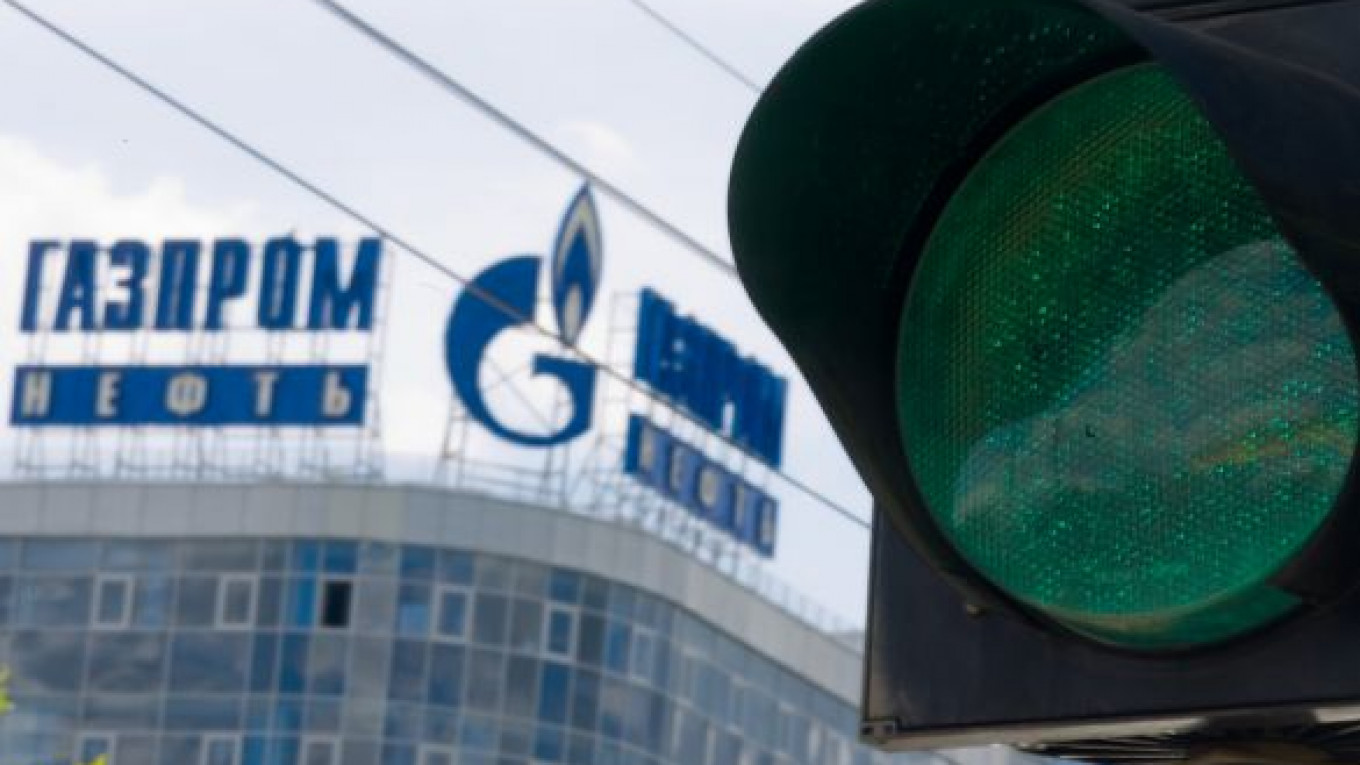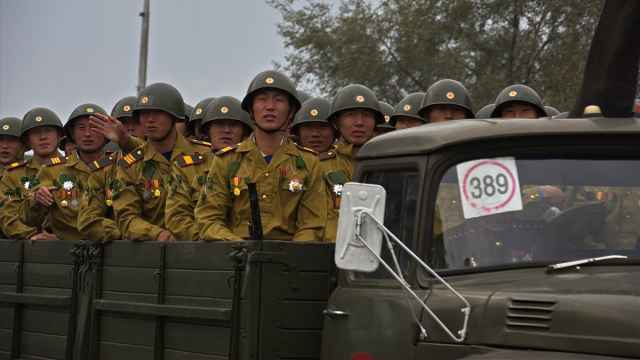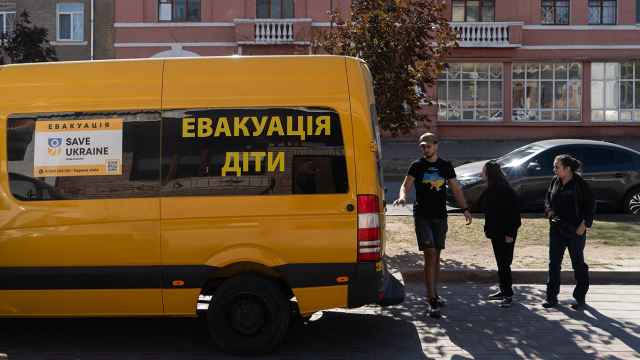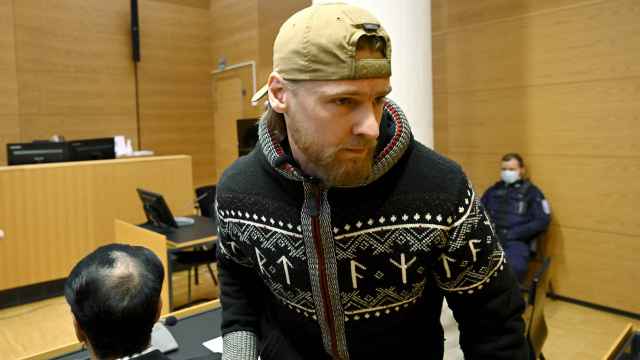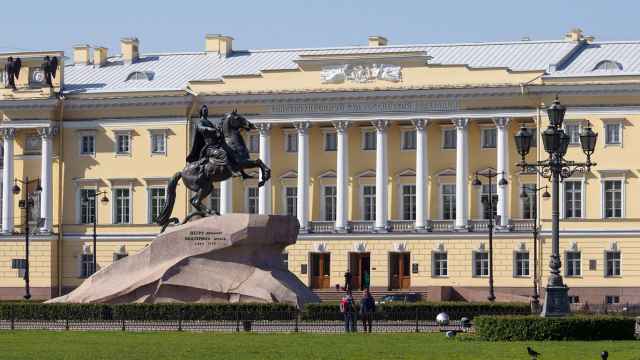A Middle East subsidiary of Gazprom Neft has inked two oil deals with Iraq's self-ruled northern Kurdish region, becoming the fourth major oil company to enter into agreements with Iraqi Kurds that bypass the central government in Baghdad.
The Kurds and the central government are at loggerheads over rights to develop resources. Baghdad wants to manage its energy resources nationwide, but Kurds insist the constitution doesn't require them to go through Baghdad.
Since the 2003 U.S.-led invasion, the Kurds have signed scores of oil deals with small and mid-sized oil companies. But the entry of the oil majors may be a game changer that could lead to de facto policies the Kurds have long sought.
In a statement issued Wednesday, the St. Petersburg-based company said it has acquired a 40 percent share in the 1,780-square-kilometer Garmian block. The Canada-based WesternZagros company will also hold a 40 percent share.
In the second deal, the company will hold an 80 percent share in the 474-square-kilometer Shakal block. The Kurdish regional government will hold a 20 percent share in each contract.
Both blocks are located in the southeastern part of the region and are expected to hold about 3.6 billion barrels of oil reserves. Gazprom's up-front payment is to be around $260 million.
"Gazprom Neft considers the territory of the Kurdistan region of Iraq promising for further geological study and consequent production at the fields," said Vadim Yakovlev, first deputy CEO of the company.
With its latest deals, Gazprom has joined France's Total and U.S. oil majors Chevron and ExxonMobil, which have already made their own forays into the region.
Iraq's post-invasion governments have until recently blacklisted energy companies that signed contracts with the Kurdish government to prevent them from working elsewhere in the country or purchasing crude oil.
But in the case of Exxon Mobil, the Iraqi government has had a light hand. Baghdad prevented the U.S. company from taking part in Iraq's fourth energy bidding round in May, but has not touched its deal to develop the 8.6 billion barrel West Qurna field near the southern city of Basra along with Royal Dutch Shell.
No moves have been made against Total, which has a share in a consortium led by China National Petroleum Corporation to develop the 4.945 billion barrel Halfaya field in the south. Gazprom is developing the 100 million barrel Badra field in central Iraq.
Baghdad has so far only blacklisted Chevron, which has no deals with the government.
Also Wednesday, the Iraqi Kurds announced that they would resume crude oil exports from their region in the first week of August after they were halted in April over a payment row with Baghdad.
The Kurdish statement said the exports will start at 100,000 barrels a day for a month as a "confidence-building" measure and if payments were forthcoming, they could move swiftly up to 200,000 barrels per day. If not, the exports will be halted again.
Since 2008, Iraq has awarded 15 oil and gas deals to international energy companies, the first major investments in the country's energy industry in more than three decades.
The original goal was to boost daily production from about 3 million barrels now to 12 million barrels by 2017. That may be revised downward to fewer than 10 million barrels, however, given infrastructure bottlenecks and a possible falloff in demand on international markets.
A Message from The Moscow Times:
Dear readers,
We are facing unprecedented challenges. Russia's Prosecutor General's Office has designated The Moscow Times as an "undesirable" organization, criminalizing our work and putting our staff at risk of prosecution. This follows our earlier unjust labeling as a "foreign agent."
These actions are direct attempts to silence independent journalism in Russia. The authorities claim our work "discredits the decisions of the Russian leadership." We see things differently: we strive to provide accurate, unbiased reporting on Russia.
We, the journalists of The Moscow Times, refuse to be silenced. But to continue our work, we need your help.
Your support, no matter how small, makes a world of difference. If you can, please support us monthly starting from just $2. It's quick to set up, and every contribution makes a significant impact.
By supporting The Moscow Times, you're defending open, independent journalism in the face of repression. Thank you for standing with us.
Remind me later.


